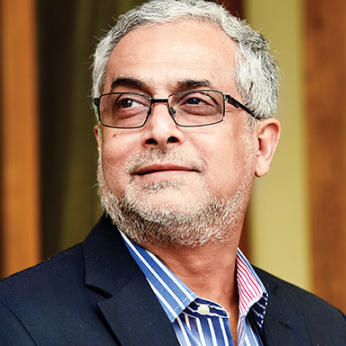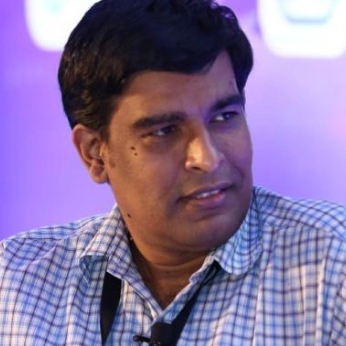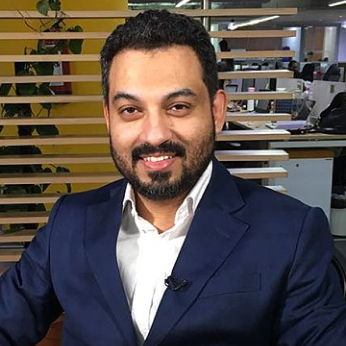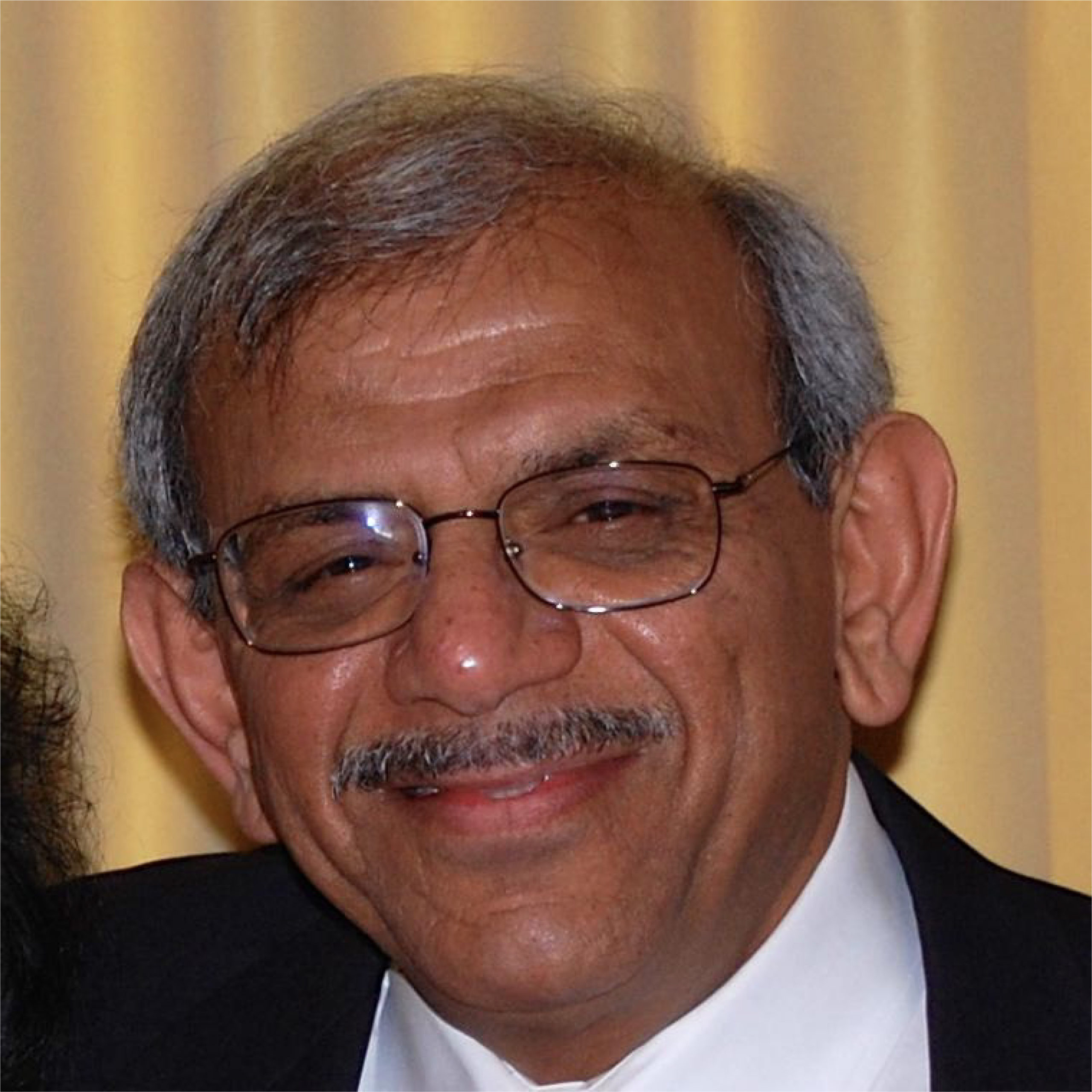The era of pandemics, natural calamities, economic instability
Before the pandemic and lockdowns, before the economic instability, and before the widely common natural calamities, businesses still faced uncertainties. The only constant thing is the unprecedented nature of these challenges.
Leaders have always been encouraged to plan for odd situations and they have largely succeeded in minimising the aftermath of an unforeseeable event. Especially in the past year, leaders have been encountering one significant situation after another, whether it is the pandemic or the worldwide economic crisis. And, the unique nature of these events and the challenges they present made it almost impossible to be fully prepared beforehand.
The good thing is that we’re observing the rise of a community of leaders who’re going above and beyond their responsibilities to help each other out and face these new and tough times like a tightly knit team.
As Michael Dell – CEO of Dell said, “We are all navigating this new normal together. As we lock arms virtually and try to help one another in the ways we can, our vast world suddenly feels a little smaller and a lot more connected. And for that, we are grateful.”
Understanding the change, adapting to the change, and evolving with the change
The Covid-19 pandemic and the resulting economic recession has been the biggest challenge that organisations have faced in recent times. It was tough to understand and predict the impact that this would pose to businesses across the world.
According to the IMF’s GDP contraction forecast, the 2020 recession is more than double the estimated contraction that took place in 2009.
This is an alarming statistic and the first step in dealing with this is to understand the whys and the hows. The duration and the magnitude of an event determine the impact it will have on the world economy. With COVID-19, the uncertainty of duration and the rapid increase in its magnitude is what worries planners across the globe. This makes it an aloof yet extremely impactful event. The pre-existing systems and crisis management tactics seem to have failed due to the lack of understanding and inability to adapt to the situation.
There is only one way to solve the problems faced by leaders today – Flexibility. Leaders need to be quick on their feet and adapt to the new normal – forget the old ways and the system and focus on evolving with the current situation. The ones that can experiment and expand their thinking will most definitely be the ones that will emerge better and stronger on the other side.
Leaders need to be at the forefront of change
The rebuilding or the readapting can’t be an individualistic effort. If there is going to be a change, it will be brought about by the organisation with the leaders at the steering wheel. They will have to be ready to make bold decisions that are time-sensitive.
Expert leaders understand the need for clear and compelling goals supported by a strong strategy. Certain things can be picked and done by the leadership that can probably set the organisation’s course right.
- Communicate, frequently and clearly. Don’t just ponder over issues; be extremely open. Share information and figures. Plan ahead of time and talk about what can be done to overcome them. Anticipate the developments of the future and start building a plan for them.
- COVID-19 has brought about innumerable changes. The narrative of, ‘This is the way we have always done things’ needs to be packed up and sent away with the theories of the past. It is necessary to be flexible, to accommodate and adjust. Always be prepared to change the course completely and be ready to start things from scratch again.
- Unlearn and relearn, the world was a fast-changing place before the pandemic struck and this has only accelerated the pace of change. Stagnancy in thought and knowledge can result in disastrous outcomes for the organization. Make sure you have a clear channel of knowledge and you are up-to-date with all recent developments. At the same time devise filters to remove unnecessary and non-dependable information.
See you on the other side
The difference between those who emerge successfully once we restore normalcy and those who surrender is going to be the leadership’s ability to adapt.
As Charles Darwin said, “It is not the strongest of the species that survives, nor the most intelligent. It is the one that is most adaptable to change.”
Leadership needs to understand the importance of being proactive and being open to change. The current situations have not just shaken the existing systems but have also laid out the flaws of the said system out in the open. While flexibility and adaptability have always been expected out of leaders, they have become essential in today’s time.
This being said, one should never forget the importance of the basics. Take a lesson from the past and repurpose them as per today’s scenario. Use it to reinvent your business and make it work in uncertain times.

























